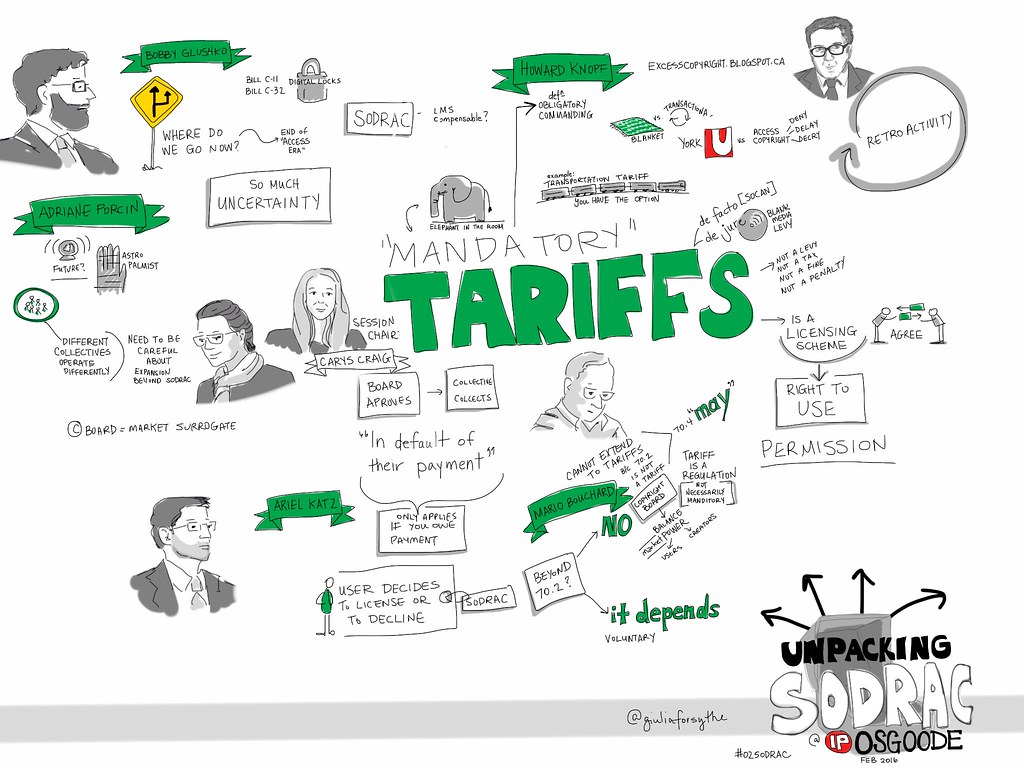Key Takeaways:
- The U.S. will impose a 25% tariff on imports from countries buying Venezuelan oil.
- China, India, and others could be hit hard by this new policy.
- Tariffs will start on April 2, adding to global trade tensions.
- Trump says this is part of broader efforts to fight unfair trade practices.
- This move is linked to rising tensions between the U.S. and Venezuela.
Trump Imposes Steep Tariffs on Venezuelan Oil Imports: What Does It Mean?
In a move that could shake global trade, U.S. President Donald Trump announced Monday a new 25% tariff on imports from countries that buy Venezuelan oil. This decision could impact major buyers like China and India, while also complicating trade relations worldwide.
Trump revealed this plan on his Truth Social platform, calling April 2 “Liberation Day” for the U.S. economy. The tariffs will be added on top of existing rates, making imports more expensive.
Why Is Trump Targeting Venezuelan Oil Imports?
The U.S. has long had tense relations with Venezuela. Trump accused the country of sending criminals to the U.S. and being “hostile” to American values. He also cited “numerous reasons” for the tariffs, including what he called unfair practices by Venezuela.
Meanwhile, Venezuela’s oil exports remain a significant global trade factor. For instance, in February, Venezuela shipped about 500,000 barrels a day to China and 240,000 barrels to the U.S.
How Will This Affect Global Trade?
Experts warn these tariffs could deepen trade uncertainty and hurt countries that rely on Venezuelan oil. China and India, two of Venezuela’s biggest oil buyers, are likely to feel the impact. Spain and the U.S. could also be affected.
The U.S. has been aggressive in its trade strategy since Trump returned to office in January. Tariffs on allies and rivals alike have been a key tool for the administration, aiming to force changes in economic and diplomatic policies.
What Else Is Happening in U.S.-Venezuela Relations?
The tariff announcement comes amid other tense developments. Last month, the deportation of Venezuelan migrants to their home country was halted after Trump accused Venezuela of breaking a deal to accept deported citizens. However, last weekend, both sides reached a new agreement, and nearly 200 Venezuelans were deported via Honduras.
Additionally, the U.S. recently extended Chevron’s deadline to stop operating in Venezuela until May 27. The American oil giant had been working in the country under a special waiver.
More Tariffs on the Way?
April 2 is shaping up to be a big day for U.S. trade policy. Trump had initially promised sweeping sector-specific tariffs targeting imported cars, pharmaceuticals, and semiconductors. However, a White House official said these plans are “still fluid” and may be narrower than expected.
Trump hinted that some countries might get “breaks” and avoid tariffs if they change their practices. He also mentioned car tariffs would be announced soon, with pharmaceutical tariffs coming later.
Global Reactions and Talks
As the U.S. targets trade partners, diplomatic efforts are ramping up. European Union Trade Chief Maros Sefcovic is set to meet with American officials to discuss the tariffs and other trade issues.
Meanwhile, global markets initially rose on hopes that the tariffs might be more limited in scope. However, the unpredictable nature of Trump’s trade policy continues to worry investors and allies alike.
The Bigger Picture: A Trade War Escalation
The White House has framed these tariffs as part of a broader effort to address what it calls unfair trade practices by other countries. “America has been ripped off by every country around the world,” the administration claims.
Treasury Secretary Scott Bessent recently warned that the U.S. would target about 15% of its trade partners—dubbed the “dirty 15”—who have significant trade imbalances with the U.S. If these countries change their policies, they might avoid tariffs.
What’s Next?
As the April 2 deadline approaches, the world is closely watching how the U.S. will implement these tariffs. Will Trump follow through on his sweeping plans, or will he give some countries a reprieve? Only time will tell.
One thing is clear: Trump’s trade policies are expected to create more uncertainty in global markets, with potential ripple effects on everyday consumers.
